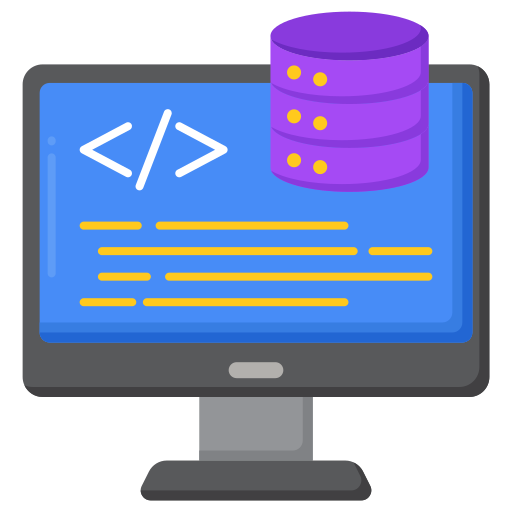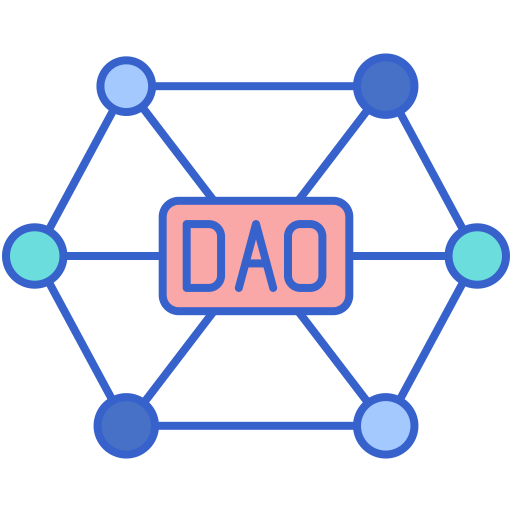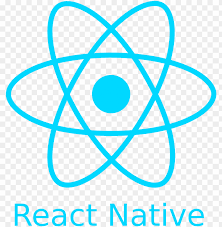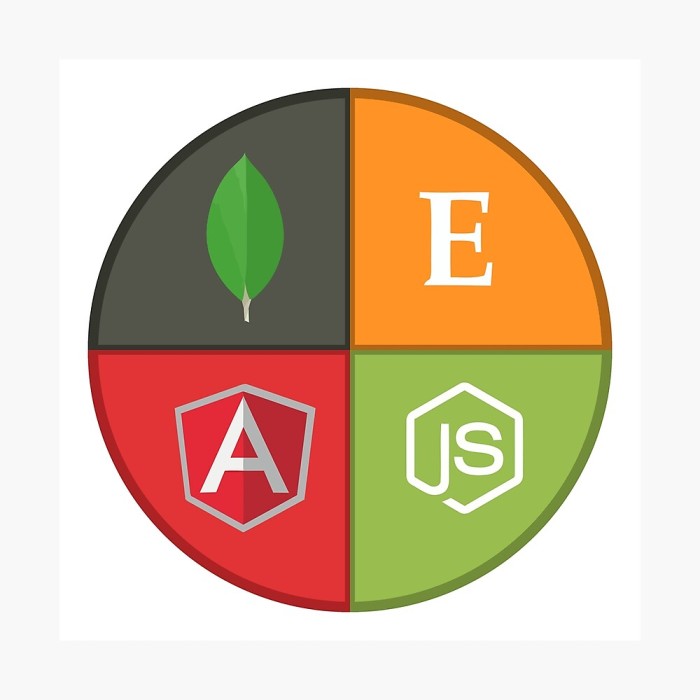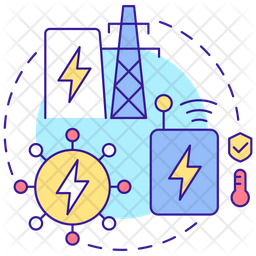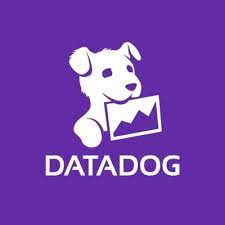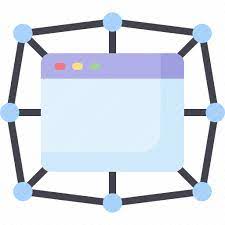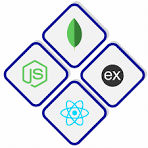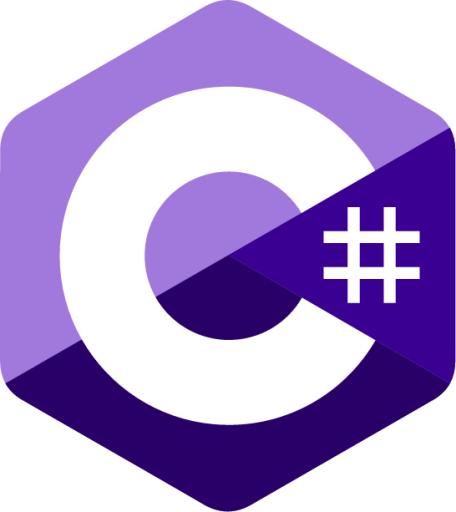Contents
What are the Essential Skills to Look for While Hiring a Data Engineer?
How Much Does it Cost to Hire a Data Engineer?
How to Write a Unique Data Engineer Job Description?
Why Hire an Experienced Data Engineer?
How are UltraGenius Data Engineers Different?
What are the Differences Between a Data Engineer and a Data Analyst?
Data engineers create, test, and maintain data pipelines and architectures used by data scientists to help deliver correct metrics to their clientele. They take care of the essential preparations for data scientists, enabling them to focus on creating practical and useful insights.
Data scientists work to address business challenges by gathering, cleaning, analyzing, and organizing data for analysis. They answer questions about the data and provide measurements. Other job roles related to data include cloud computing experts, data architects, and computer science engineers.
What are the Essential Skills to Look for While Hiring a Data Engineer?
When you're on the lookout for a data engineer, it's essential to understand the specific skills that set the best apart for your projects. So, let us help you explore these must-have abilities:
- Strong Understanding of Database
- Understanding of Data Modeling and Data Integration
- Knowledge of Big Data Analytics
- Knowledge of Version Control System
- Expertise in Cloud Computing
Data engineers who specialize in data-related tasks must possess knowledge of both relational databases, like PostgreSQL or MySQL, and NoSQL databases like Cassandra or MongoDB. Expert data engineers need to understand concepts like database administration, query optimization, and performance optimization to efficiently meet business requirements through data-related tasks.
Expert data engineers possess an in-depth knowledge of designing and implementing robust data models that meet organizational requirements, such as understanding normalization techniques, data structures, and database design principles. Furthermore, an effective data engineer must have expertise in extracting, transforming, and loading (ETL) data from multiple sources into one central repository.
Data Engineers play an essential role in data analytics by performing complex data analyses to uncover patterns within extensive data sets. They then report this through visualizations. Big data analytics allow businesses to utilize big data effectively and identify future business opportunities.
When hiring data engineers, make sure their expertise lies within distributed computing frameworks such as Apache Spark, Hadoop, or Kafka, and also proficient in processing engines such as Hive Pig or MapReduce.
Version control systems like Git, SVN, etc, help data engineers in creating applications safely and efficiently. These code versioning tools help engineers keep an eye on each step they've completed while building apps.
Additionally, they allows engineers to experiment with various new application features to build robust apps. Data engineers who possess sufficient expertise working with such platforms can manage any project efficiently.
When hiring candidates for data engineering positions, be sure to investigate their cloud computing abilities; experienced data engineers should have experience in using platforms like Microsoft Azure, Amazon Web Services, or Google Cloud Platform. Additionally, they should be familiar with Amazon S3, Azure Data Lake, Redshift, Google BigQuery services, and other relevant services for efficient programming.
How Much Does it Cost to Hire a Data Engineer?
The price of hiring a data engineer can vary on several factors:
- Knowledge Level: More experience usually equals to higher pay. Decide whether you require someone with expertise or newbie data engineering knowledge. To understand the required skills for the role, review data engineering skills.
- Location of Data Engineer: Data engineers may cost more depending on where they live or the availability of data engineers in a specific area. To save money, consider hiring a data engineer who works remotely.
- Big Companies and Niche Businesses: Large companies or specialized businesses may offer higher salaries to data engineers.
How to Write a Unique Data Engineer Job Description?
Once you have a clear image of what your ideal data engineer looks like, it's time to write a unique and attractive job description. You should provide enough detail so a consultant can determine whether they are suitable for the project or not.
An attractive job post for a data engineering position should have:
- Scope of Work: Make a proper list of all the deliverables you require for building or managing an IT infrastructure.
- Project Duration: Your job post should specify whether this project is small or large in scope.
- Background: If you have experience working in specific industries, software packages, or technologies, be sure to mention this here.
- Cost: Create and set out a realistic budget while noting whether hourly rates or fixed-price contracts best suit you.
Why Hire an Experienced Data Engineer?
If your application or data platform (like a data warehouse or data lake) needs to gather and bring together data from different sources, consider hiring a data engineer.
This requirement usually comes up when dealing with large amounts of data in Machine Learning or when looking for a central storage space for all types of structured and unstructured information, commonly referred to as a Data Lake or Data Warehouse.
How are UltraGenius Data Engineers Different?
At UltraGenius, we carefully screen data engineers so we only connect you with talent of the highest caliber. Out of 50k people who apply to join the UltraGenius network each year, only 1% become part of it. You will work directly with engineering specialists to understand your goals and technical needs. We will provide expert talent from our network that's customized specifically to fit your business needs.
What are the Differences Between a Data Engineer and a Data Analyst?
Data engineers specialize in data preparation for both operational and analytical use. Proficient in programming languages such as SQL, Java, SAS, and Python as well as proficient with Hadoop, Pig, Hive, Apache Spark, MapReduce, NoSQL, and Data Streaming. A Data Engineer possesses unique skillsets that allow them to build data warehouses using ETL tools.
Data analysts specialize in translating numerical data into usable formats, typically using Microsoft Excel, SPSS, and SSAS software applications. Data Analysts must have a strong understanding of SQL, Python, React Native, Node.Js, R, and JavaScript programming languages. They are also familiar with data mining, visualization exploration, statistical analysis, and statistics.




































